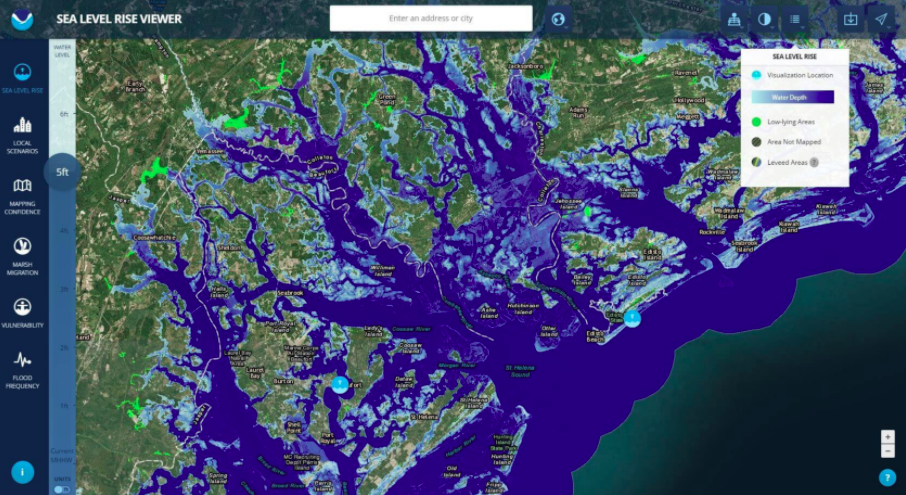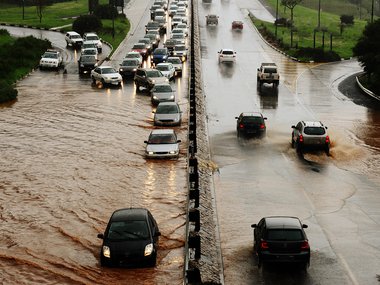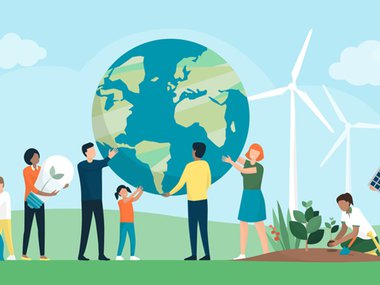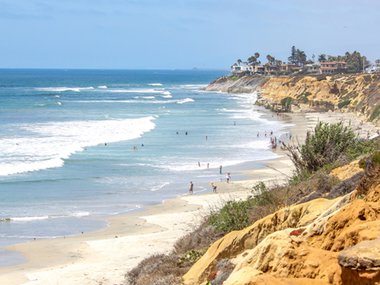Question Your World: How Is Virginia's Coastal Report Card Looking?
Remember anxiously awaiting report cards to see how your academic journey was going? Bad grades mean less fun on the weekends, while good grades result in the greatest reward a human can ever receive - pizza for dinner! Recently, researchers at the Virginia Institute of Marine Science issued “Sea Level Report Cards” for 32 cities along the U.S. coast. So, how is Virginia's coastal report card looking?
Like in any other situation, the report cards are based on what's going on right now. These report cards, based on coastal studies by The Virginia Institute of Marine Science, are created using recent sea-level trends as measured by tide gauges. Tide-gauge records incorporate a wide variety of local processes that can either add to or subtract from the global trend of sea-level rise.

For those just tuning in, global sea levels are rising because the water in a warming ocean physically expands, like boiling water on a stove. We've done a lot of stories on local sea level rise that are worth checking out to better understand the big picture here. Also, we’ve got giant ice sheets like those in Greenland and Antarctica melting and thus adding more water to our oceans. While these are far off places, they absolutely impact the overall condition of the oceans. Scientists worldwide agree that humans are adding to global sea-level rise by pumping heat-trapping gases into our atmosphere.
In some places, this global problem is made even worse by local factors. In Norfolk, Virginia, the coastline is sinking, mostly due to human use of groundwater, while changes in the Gulf Stream are making the ocean “bulge up” near the coast. VIMS’ report cards show that these processes together make Norfolk’s rate of sea-level rise the fastest on the entire East Coast! This helps explain the “recurrent flooding” that is already making life in Tidewater Virginia inconvenient, and is likely to impact our oceanside communities even more in the future.
Scientists agree that we need to take steps toward making our coastline resilient to these rising tides. Which means, we’ll be working towards better human health, safer standards of living, and yes…more pizza dinners!


